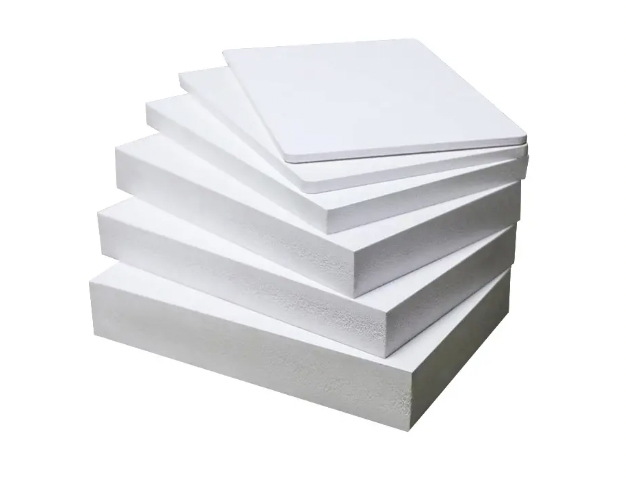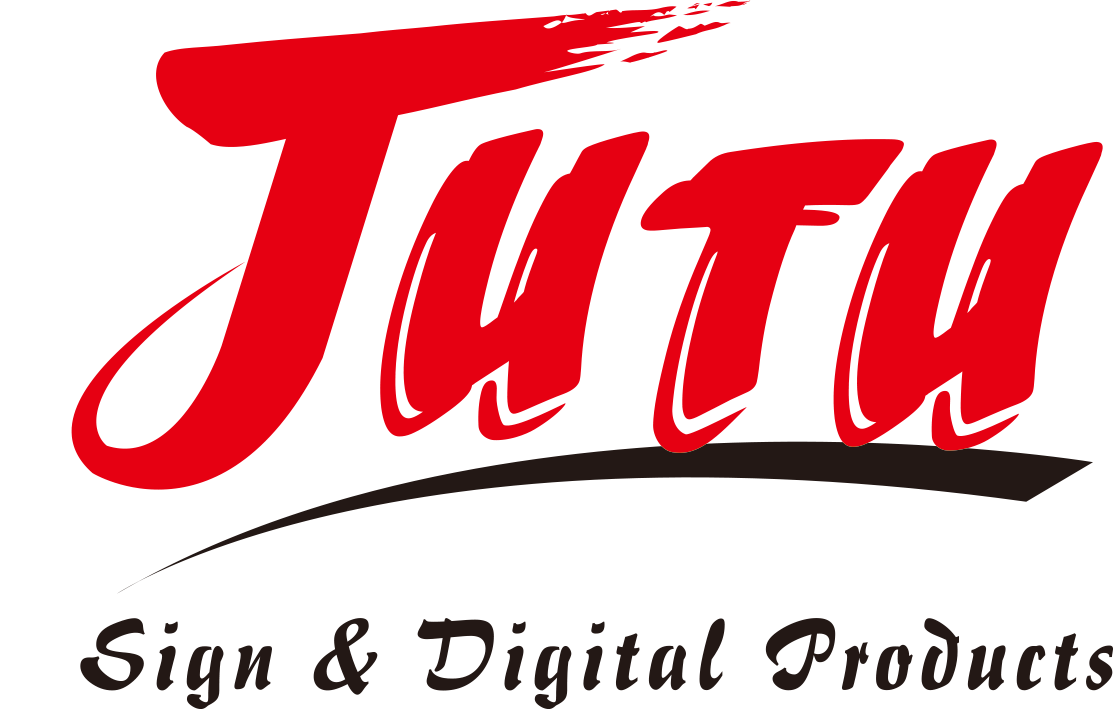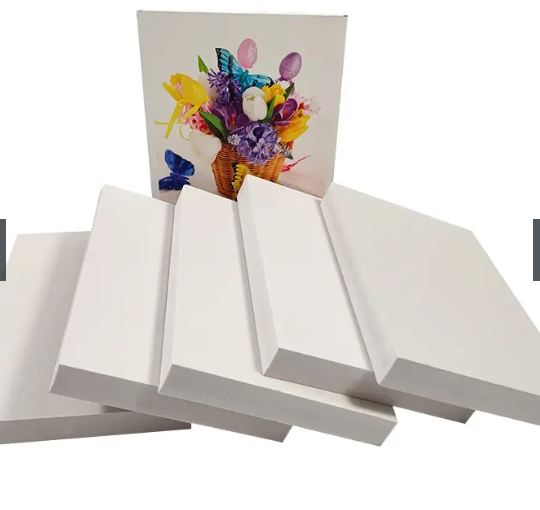Understanding the Manufacturing Process of PVC Celuka Foam Sheets
The Celuka Extrusion Technique Explained
Celuka extrusion remains key when making those top notch PVC Celuka foam sheets we all know and rely on. The method uses this special two step foaming approach that creates a tough outer layer combined with a lighter inner core structure. What matters most here is consistency across batches since even small variations can lead to quality issues down the line. Manufacturers have made some serious strides lately though. New tech upgrades mean faster production runs and way less material going to waste compared to older methods. These improvements don't just cut costs either they actually help keep the product integrity intact which explains why so many industries from automotive to construction depend on these sheets for everything from insulation panels to structural components.
How Production Efficiency Lowers Costs
The use of automated equipment and modern manufacturing methods makes a big difference in how efficiently PVC Celuka foam sheets get produced. When factories bring in automation systems, they cut down on labor expenses without sacrificing accuracy or uniformity in their products. Better manufacturing practices help reduce waste during production too, and this means saving money on raw materials. Some industry reports show waste levels have dropped by around 30% since implementing these changes. What's more, improved manufacturing allows companies to scale up production when needed, which brings down both overhead and day-to-day operating costs. Putting together automated processes with optimized workflows results in consistently good quality products at competitive prices. For businesses looking at options, PVC Celuka Foam Sheets now stand out as a smart choice compared to other materials on the market.
Key Properties That Enhance Cost-Effectiveness
Durability: Reducing Replacement Expenses
PVC Celuka foam sheets have some really good physical characteristics, especially when it comes to resisting impacts. This means they stay intact even when exposed to tough conditions, so there's less need for replacing or fixing them down the road. Construction workers who've used these sheets on job sites report needing to swap out materials far less often than with standard alternatives. We've seen this play out across different sectors too. In auto manufacturing plants, for example, mechanics working on vehicle components find that PVC Celuka holds up much better against daily wear and tear. Over years of use, this kind of durability translates into real savings for companies looking to cut maintenance expenses without compromising quality standards.
Lightweight Nature: Cutting Transportation & Installation Costs
PVC Celuka foam sheets being so light makes a big difference when it comes to cutting down on transportation and installation costs. Lighter materials mean cheaper shipping bills, something that really adds up across multiple shipments for any project. Installation gets easier too since workers don't need as many people or heavy machinery to handle the sheets. When stacked against old school materials like wood, these foam sheets show clear transportation benefits with weight savings that can be measured accurately. Contractors working on big construction sites or commercial installations find these savings particularly valuable because every dollar counts when budgets get tight.
Low Maintenance Requirements: Long-Term Savings
PVC Celuka foam sheets save money over time because they need almost no maintenance. Most other materials require constant fixing or replacing, but these sheets just keep working without issues. Industry data shows that when companies look at all costs over several years, PVC Celuka comes out cheaper than many alternatives since they last so much longer. Take construction sites for instance where materials get exposed to harsh conditions daily. The fact that PVC Celuka doesn't break down quickly means fewer interruptions and replacement costs. For businesses planning ahead, this makes PVC Celuka a smart investment despite sometimes higher initial prices compared to some competitors.
Versatility in Applications: Maximizing Value
Single-Material Solutions Across Industries
PVC Celuka foam sheets have become pretty popular across many fields lately. People in construction, sign makers, and even car manufacturers all find ways to use these materials. What makes them so useful? Well, they're light but tough, easy to work with, and last a long time. Take construction for example. Builders often use them for walls and room dividers because they won't rot or get damaged by moisture. Sign companies love them too since the surface is so smooth it takes ink really well, which means clearer signs and better looking advertisements. Looking at all these applications shows why PVC Celuka foam has become such a go-to material for folks needing something that works well in multiple situations without having to switch between different products constantly.
Customization Without Added Expenses
PVC Celuka foam sheets stand out because they're so easy to customize without breaking the bank. Just cut them or shape them however needed to meet particular demands, and companies can deliver made-to-order products without driving up prices too much. Interior designers love this feature since clients often want something special rather than generic stuff. We've heard from several manufacturers about how they handle weird requests all the time. One company actually carved elaborate patterns into furniture pieces at surprisingly low cost. Using these foam sheets gives manufacturers real advantages when it comes to both budget and practicality. Custom work no longer means huge expenses or complicated processes.
Cost Comparison: PVC Celuka vs Traditional Materials
Versus Solid Wood: Moisture & Pest Resistance Savings
PVC Celuka foam sheets resist moisture and pests much better than regular wood does. This means they don't need fixing or replacing as often. When installed in areas where wood tends to warp from dampness or get eaten by termites, these sheets keep their shape and work properly for years. According to some industry numbers, wooden materials typically cost quite a bit each year just for maintenance. PVC Celuka sheets cut down on those expenses since they require minimal care over time, making them a smarter investment for long term projects.
Versus Metal: Corrosion Prevention & Weight Advantages
Comparing PVC Celuka foam sheets against traditional metal options reveals some pretty clear benefits, especially when it comes to resisting corrosion and overall weight. Metal tends to rust pretty quickly outdoors, which means extra money spent on maintenance and shorter product life spans. That's not an issue with PVC Celuka sheets at all they just don't corrode, so they last much longer without needing constant attention. Another big plus is how light these sheets actually are. Contractors find them much easier to work with during installation, which cuts down on labor expenses and speeds up projects significantly. Industry reports show that in real world outdoor conditions, PVC Celuka products typically last two to three times longer than comparable metal alternatives. This extended durability translates directly into lower replacement costs for businesses operating in harsh environments.
Versus Other Plastics: Superior Lifespan ROI
PVC Celuka foam sheets last much longer than most other plastic options out there and deliver better returns on investment too. Sure, some cheaper alternatives might look good at first glance when checking price tags, but these materials tend to break down faster and just don't hold up over time. The strength of PVC Celuka means we replace it far less often, which cuts down expenses across projects in the long run. Industry professionals who work with building materials regularly point to this as one of the main reasons why construction firms keep coming back to PVC Celuka products. From signage installations to interior design applications where material reliability matters, businesses find that spending a bit more upfront pays off handsomely later on. No wonder so many different sectors have adopted PVC Celuka as their go-to solution for durable foam needs.

Eco-Friendly Advantages With Financial Benefits
Recyclability: Waste Reduction Equals Cost Reduction
PVC Celuka foam sheets can be recycled, which helps cut down on waste management expenses quite a bit. When companies go with these materials instead of alternatives, they end up producing less trash overall while spending less money on getting rid of it through landfills. We're seeing more industries move toward green solutions these days, something that actually works hand in hand with saving cash when working with PVC Celuka products. According to research from the Waste and Recycling Institute, recycling efforts involving materials such as PVC Celuka lead to fewer items ending up in landfills plus actual cost reductions too. For businesses looking at both their impact on the planet and their profits, making the switch to recyclable options like PVC Celuka makes sense on multiple fronts.
Energy Efficiency in Production & Installation
The production and installation of PVC Celuka foam sheets actually saves a lot of energy, which translates into real money saved on projects. Compared to older materials, these sheets take far less power to manufacture, cutting down on both electricity bills and fuel costs at the factory. Some studies show they need around half as much energy as conventional alternatives. The energy savings don't just pocket change for companies either they help improve those green stats that corporations love to tout when talking about their environmental footprint. When businesses switch to these materials with lower energy demands, they get double benefits cheaper operations plus looking better in sustainability reports without breaking the bank.
Frequently Asked Questions
What is the Celuka extrusion process?
The Celuka extrusion process is a specialized technique used to create PVC Celuka foam sheets, involving a two-step foaming system that results in a dense exterior surface and a foamed core.
Why are PVC Celuka foam sheets cost-effective?
PVC Celuka foam sheets are cost-effective due to their durability, lightweight nature, low maintenance requirements, and manufacturing efficiencies that lower labor and material costs.
How does the lightweight nature of PVC Celuka foam sheets benefit transportation and installation?
The lightweight nature of these sheets reduces shipping costs and simplifies handling during installation, leading to overall cost savings in projects.
What advantages do PVC Celuka foam sheets offer over solid wood?
Compared to solid wood, PVC Celuka foam sheets offer superior moisture and pest resistance, reducing maintenance and replacement costs.
Are PVC Celuka foam sheets environmentally friendly?
Yes, they are recyclable and boast energy-efficient production and installation processes, contributing to reduced waste management costs and sustainability.
Table of Contents
- Understanding the Manufacturing Process of PVC Celuka Foam Sheets
- Versatility in Applications: Maximizing Value
- Cost Comparison: PVC Celuka vs Traditional Materials
- Eco-Friendly Advantages With Financial Benefits
-
Frequently Asked Questions
- What is the Celuka extrusion process?
- Why are PVC Celuka foam sheets cost-effective?
- How does the lightweight nature of PVC Celuka foam sheets benefit transportation and installation?
- What advantages do PVC Celuka foam sheets offer over solid wood?
- Are PVC Celuka foam sheets environmentally friendly?

